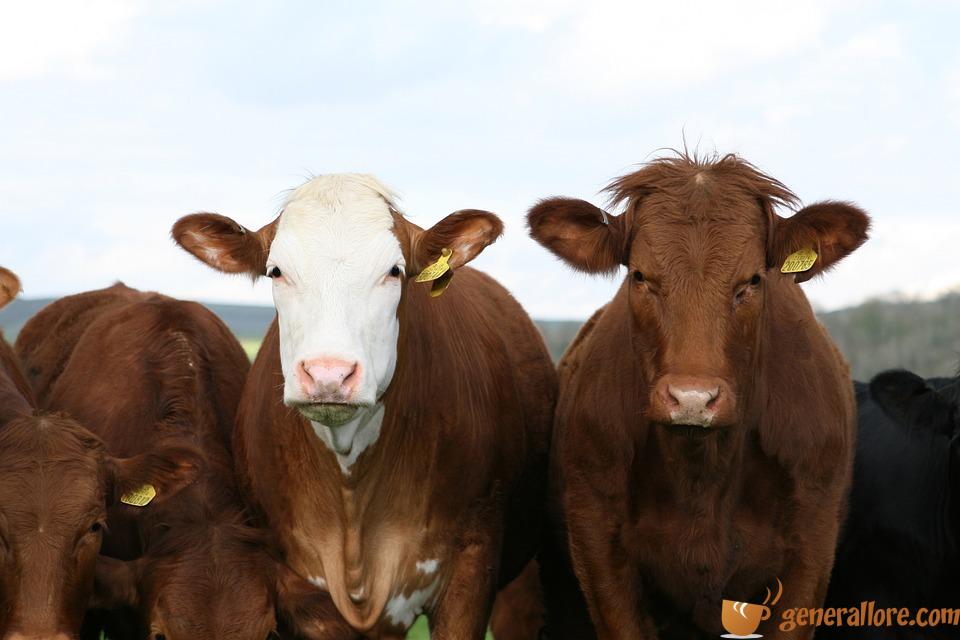The Role of Bees in Agriculture: Importance of Pollinators
The Importance of Bees in Agriculture
The Role of Pollinators
Bees are crucial pollinators in agriculture, facilitating the reproduction of many plants through the transfer of pollen from the male to the female parts of the flower. This process is essential for the production of fruits and seeds, making bees a vital part of agricultural ecosystems.
Diversity of Crops
The role of bees in agriculture is especially significant due to the diverse range of crops that rely on them for pollination. From fruits such as apples, cherries, and blueberries to vegetables like squash and cucumber, bees play a critical role in ensuring the successful cultivation of these crops.
Contribution to Food Supply
The contribution of bees to the food supply is immense, with an estimated one-third of the food consumed by humans depending on pollination, mostly by bees. Without bees, the production of many of the foods we rely on would be severely impacted, leading to potential food shortages and economic instability.
Environmental Impact
In addition to their importance for agriculture, bees also play a crucial role in maintaining biodiversity and ecosystem health. By promoting the reproduction of wild plants, bees contribute to the overall health and balance of natural environments, benefiting both wildlife and humans.
Threats to Bee Populations
Habitat Loss
One of the major threats to bee populations is the loss of natural habitats due to urbanization, industrial agriculture, and deforestation. These factors have contributed to the decline of bee populations and the loss of crucial foraging and nesting sites.
Pesticide Use
The widespread use of chemical pesticides in agriculture has had a detrimental impact on bee populations, with many pesticides posing a risk to the health and survival of bees. Exposure to these chemicals can weaken bees’ immune systems, making them more susceptible to diseases and parasites.
Climate Change
The effects of climate change, including extreme weather events and shifts in temperature and precipitation patterns, can also impact bee populations. These changes can disrupt the timing of flowering plants and the availability of nectar and pollen, affecting bees’ ability to forage and reproduce.
Conservation Efforts
Habitat Restoration
Efforts to conserve and restore bee habitats are essential for supporting bee populations. This includes creating and preserving natural and semi-natural habitats, such as wildflower meadows, hedgerows, and woodland edges, to provide bees with the resources they need for foraging and nesting.
Sustainable Farming Practices
Adopting sustainable farming practices, such as organic farming and agroecology, can help minimize the negative impact of agriculture on bee populations. These practices prioritize biodiversity, soil health, and natural pest control, creating healthier environments for bees and other pollinators.
Public Awareness and Education
Raising awareness about the importance of bees and the threats they face is crucial for garnering support for conservation efforts. Educating the public about the role of bees in agriculture and the actions individuals can take to support bee populations can help foster a sense of stewardship and responsibility for their conservation.
The Future of Bees in Agriculture
Research and Innovation
Ongoing research and innovation are essential for understanding the complex interactions between bees, agriculture, and the environment. This knowledge can inform the development of effective conservation strategies, as well as the improvement of farming practices and policies to better support bee populations.
Collaborative Efforts
Collaborative efforts involving governments, agricultural industries, conservation organizations, and the public are crucial for addressing the challenges facing bee populations. By working together to implement policies, initiatives, and practices that support bee health and biodiversity, we can ensure a more sustainable future for bees in agriculture.
Conclusion
In conclusion, the role of bees in agriculture as pollinators is of utmost importance for food production, biodiversity, and ecosystem health. However, bee populations are facing significant threats that require immediate attention and action. By implementing conservation efforts, supporting sustainable farming practices, and raising public awareness, we can work towards securing a future where bees continue to thrive and play a vital role in agriculture.
FAQs
1. Why are bees important in agriculture?
Bees are important in agriculture because they are crucial pollinators, facilitating the reproduction of many crops and contributing to the production of fruits, vegetables, and seeds.
2. How do bees contribute to the food supply?
Bees contribute to the food supply by pollinating a wide variety of crops, including fruits, vegetables, and nuts, which are essential for human consumption.
3. What are the main threats to bee populations?
The main threats to bee populations include habitat loss, pesticide use, climate change, and diseases and parasites.
4. What can be done to support bee populations?
Supporting bee populations can be done through habitat restoration, sustainable farming practices, public awareness and education, and collaborative efforts involving various stakeholders.
5. What are some examples of sustainable farming practices that support bee health?
Examples of sustainable farming practices that support bee health include organic farming, agroecology, and the conservation of natural and semi-natural habitats on agricultural land.
6. How can individuals contribute to bee conservation?
Individuals can contribute to bee conservation by planting bee-friendly gardens, avoiding the use of chemical pesticides, and supporting local initiatives and organizations focused on bee conservation.
7. What is the role of research and innovation in supporting bee populations?
Research and innovation are essential for understanding the challenges facing bee populations and developing effective conservation strategies and farming practices to support their health and biodiversity.
8. What are the potential consequences of declining bee populations?
The potential consequences of declining bee populations include reduced crop yields, food shortages, and negative impacts on natural ecosystems and biodiversity.




